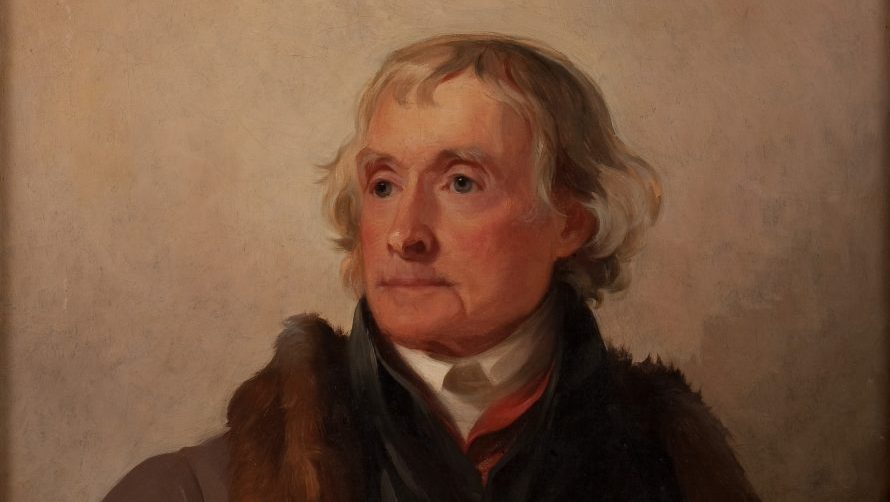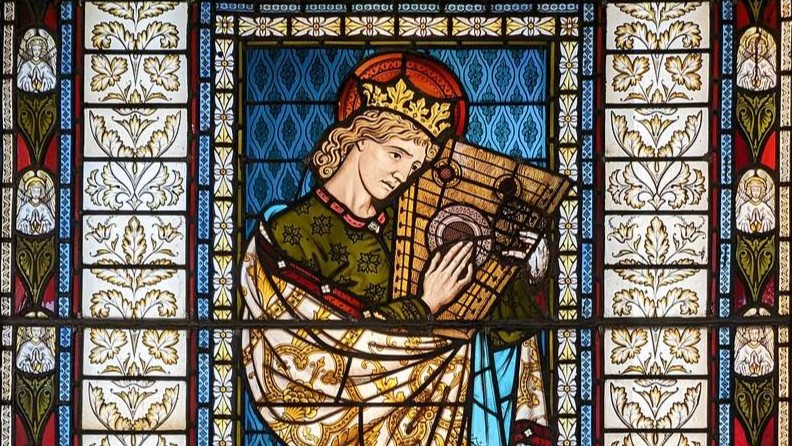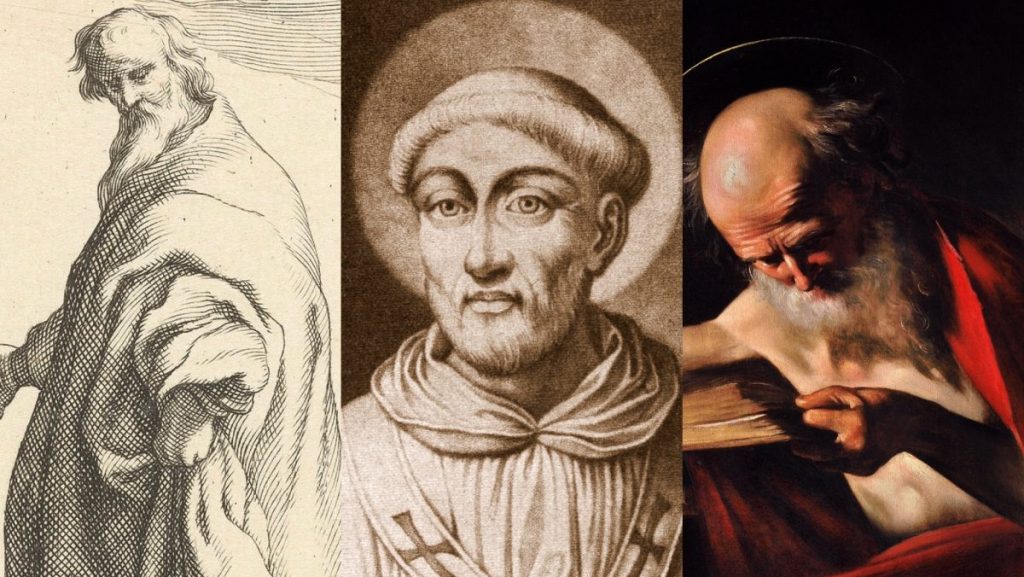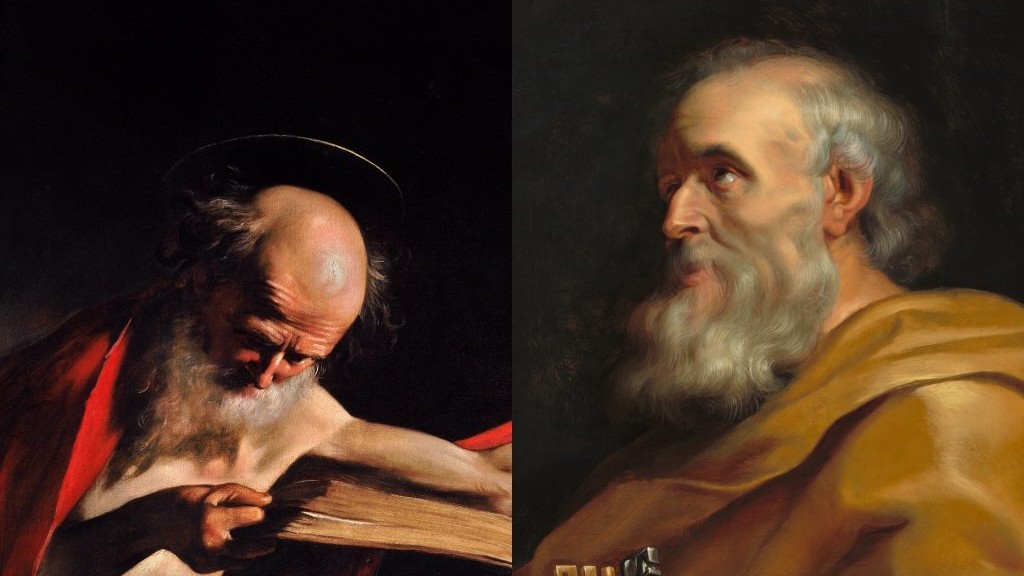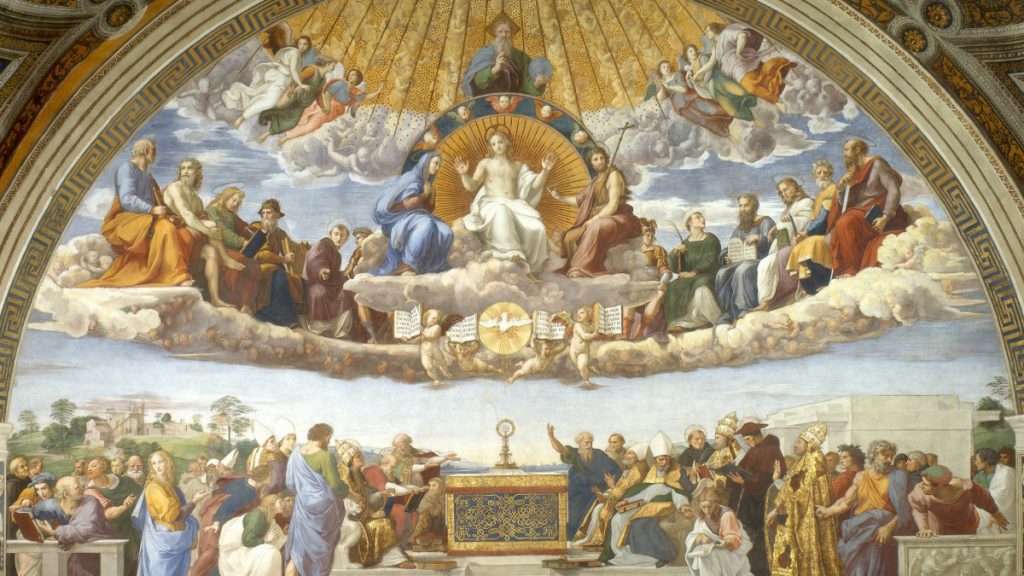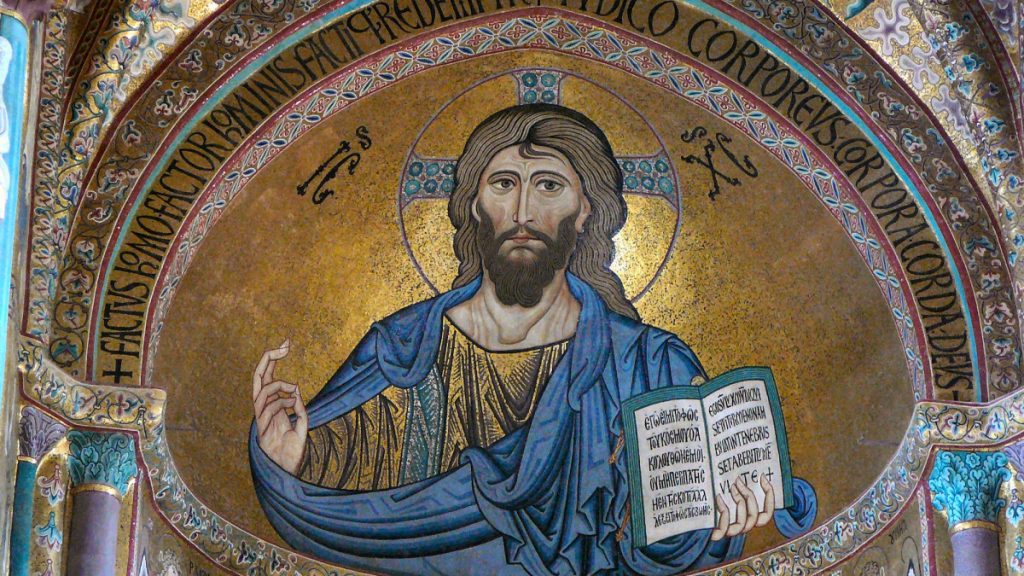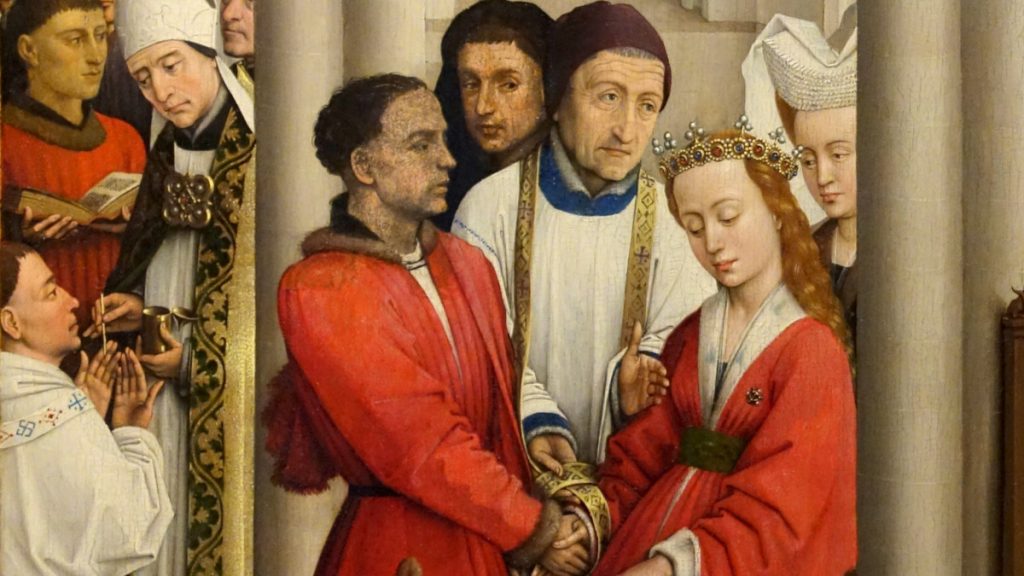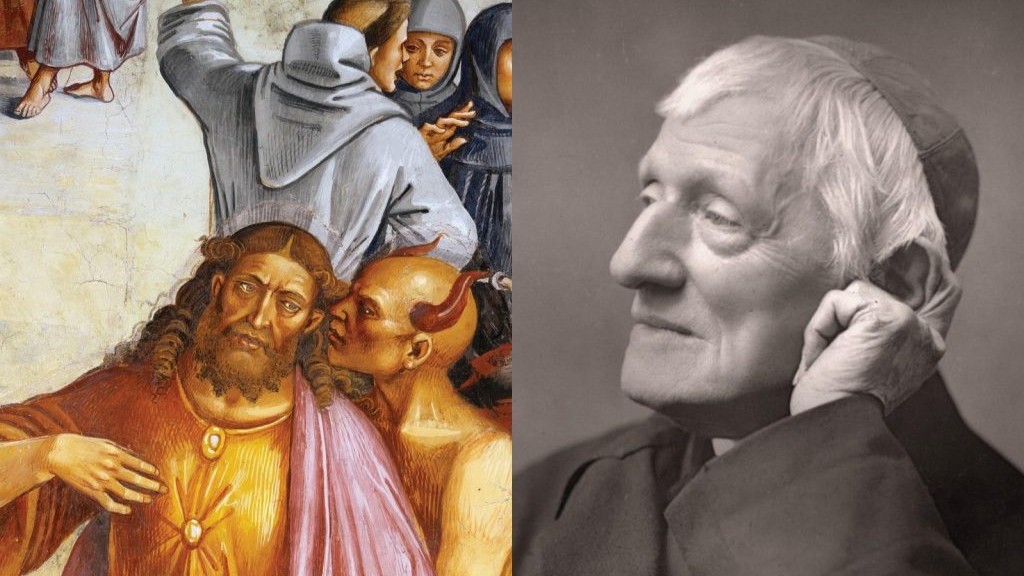(Updated June 24, 2025)
Thomas Jefferson (1743-1826) was an American Founder who famously authored the Declaration of Independence, and served as the United States’ first Secretary of State, and third President.
Letters
Thomas Jefferson, To John Harvie (January 14, 1760)
And on the other hand by going to the college I shall get a more universal acquaintance, which may hereafter be serviceable to me, and I suppose I can pursue my studies in the Greek and Latin as well there as here, and likewise learn something of the mathematics. I shall be glad of your opinion.
Thomas Jefferson, To Thomas Turpin (February 5, 1769)
Study of Law
I always was of opinion that the placing a youth to study with an attorney was rather a prejudice than a help…The only help a youth wants is to be directed what books to read, and in what order to ream them. I have accordingly recommended strongly to Phill [sic] to put himself into apprenticeship with no one, but to employ his time for himself alone. To enable him to do this to advantage I have laid down a plan of study which will afford him all the assistance a tutor could, without subjecting him to the inconvenience of expending his own time for the emolument of another. One difficulty only occurs, that is, the want of books…a proper collection of books must have been provided for him before he engaged in the practice of his profession, for a lawyer without books would be like a workman without tools.
Thomas Jefferson, To Chastellux (November 26, 1782)
A single event wiped away all my plans and left me a blank which I had not the spirits to fill up. In this state of mind, an appointment from Congress found me requiring me to cross the Atlantic. And that temptation might be added to duty I was informed at the same time from his Excellency the Chevalier de Luzerne that a vessel of force would be sailing about the middle of December in which you would be passing to France. I accepted the appointment and my only object now is so to hasten over those obstacles which would retard my departure as to be ready to join you in your voyage, fondly measuring your affections by my own presuming your consent.
Thomas Jefferson, To Martha Jefferson (December 11, 1783)
The almighty has never made known to anybody at what time he created it, nor will he tell anybody when he means to put an end to it, if ever he means to do it. As to preparations for that event, the best way is for you to be always prepared for it. The only way to be so is never to do nor say a bad thing. If ever you are about to say anything amiss or to do anything wrong, consider beforehand. You will feel something within you which will tell you it is wrong and ought not to be said or done: this is your conscience, and be sure to obey it. Our maker has given us all, this faithful internal Monitor, and if you always obey it, you will always be prepared for the end of the world: or for a much more certain event which is death. This must happen to all: it puts an end to the world as to us, and the way to be ready for it is never to do a wrong act.
Thomas Jefferson, To Jean Nicolas Démeunier (June 26, 1786)
Further Reflections on Slavery
What a stupendous, what an incomprehensible machine is man! Who can endure toil, famine, stripes, imprisonment or death itself in vindication of his own liberty, and the next moment be deaf to all those motives whose power supported him through his trial [referring to the American Revolution], and inflict on his fellow men a bondage [slavery], one hour of which is fraught with more misery than ages of that which he rose in rebellion to oppose. But we must await with patience the workings of an overruling providence, and hope that that is preparing the deliverance of these our suffering brethren. When the measure of their tears shall be full, when their groans shall have involved heaven itself in darkness, doubtless a god of justice will awaken to their distress, and by diffusing light and liberality among their oppressors, or at length by his exterminating thunder, manifest his attention to the things of this world, and that they are not left to the guidance of a blind fatality.
Thomas Jefferson, To Maria Cosway (July 1, 1787)
I have not thought of you the less, but I took a peep only into Elysium. I entered it at one door and came out at another, having seen, as I past, only Turin, Milan, and Genoa. I calculated the hours it would have taken to carry me on to Rome, but they were exactly so many more than I had to spare. Was not this provoking? In thirty hours from Milan I could have been at the espousals of the Doge and the Adriatic, but I am born to lose everything I love.
Thomas Jefferson, To Buffon (October 1, 1787)
I had the honor of informing you some time ago that I had written to some of my friends in America, desiring they would send me such of the spoils of the moose, caribou, elk, and deer as might throw light on that class of animals; but more particularly to send me the complete skeleton, skin, and horns of the moose, in such condition as that the skin might be sewed up and stuffed on its arrival here…They all come from New Hampshire and Massachusetts. I give you their popular names, as it rests with yourself to decide their real names…I really suspect you will find that the moose, the round horned elk, and the American deer are species not existing in Europe.
Thomas Jefferson, To Abigail Adams (February 2, 1788)
Insulated and friendless on this side the globe [in France], with such an ocean between me and everything to which I am attached, the days seem long which are to be counted over before I too am to rejoin my native country. Young poets complain often that life is fleeting and transient. We find in it seasons and situations however which move heavily enough. It will lighten them to me if you will continue to honor me with your correspondence.
Thomas Jefferson, To Maria Cosway (April 24, 1788)
I am but a son of nature, loving what I see and feel, without being able to give a reason, nor caring much whether there be one…You must therefore now write me a letter teeming with affection such as I feel for you…God bless you!
Thomas Jefferson, To John Trumbull (February 15, 1789)
With respect to the busts and pictures I will put off till my return from America all of them except Bacon, Locke, and Newton, whose pictures I will trouble you to have copied for me: and as I consider them as the three greatest men that have ever lived, without any exception, and as having laid the foundation of those superstructures which have been raised in the physical and moral sciences, I would wish to form them into a knot on the same canvas, that they may not be confounded at all with the herd of other great men.
Thomas Jefferson, To Ebenezer Hazard (February 18, 1791)
I return you the two volumes of records, with thanks for the opportunity of looking into them. They are curious monuments of the infancy of our country. I learn with great satisfaction that you are about committing to the press the valuable historical and state papers you have been so long collecting. Time and accident are committing daily havoc on the originals deposited in our public offices. The late war has done the work of centuries in this business. The last cannot be recovered, but let us save what remains; not by vaults and locks which them from the public eye and use in consigning them to the waste of time, but by such a multiplication of copies as shall place them beyond the reach of accident.
Thomas Jefferson, To John Adams (July 17, 1791)
That you and I differ in our ideas of the best form of government is well known to us both: but we have differed as friends should do, respecting the purity of each other’s motives, and confining our difference of opinion to private conversation. And I can declare with truth in the presence of the Almighty that nothing was further from my intention or expectation than to have either my own or your name brought before the public on this occasion. The friendship and confidence which has so long existed between us required this explanation from me, and I know you too well to fear any misconstruction of the motives of it.
Thomas Jefferson, To John Adams (February 6, 1795)
I have found so much tranquility of mind in a total abstraction from everything political, that it was with some difficulty I could resolve to meddle even in the splendid project of transplanting the academy of Geneva, en masse, to Virginia [eventually the University of Virginia]; and I did it under the usual reserve of sans tirer en conséquence [“without firing accordingly”]. In truth, I have so much occupation otherwise, that I have not time for taking a part in anything of a public kind, and I therefore leave such with pleasure to those who are to live longer and enjoy their benefits. Tranquility becomes daily more and more the object of my life, and of this I certainly find more in my present pursuits than in those of any other part of my life. I recall, however, with pleasure, the memory of some of the acquaintances I have made in my progress through it, and retain strong wishes for their happiness.
Never was a finer canvass presented to work on than our countrymen. All of them engaged in agriculture or the pursuits of honest industry independent in their circumstances, enlightened as to their rights and firm in their habits of order and obedience to the laws. This I hope will be the age of experiments in government, and that their basis will be founded in principles of honesty, not of mere force. We have seen no instance of this since the days of the Roman republic, nor do we read of any before that. Either force or corruption has been the principle of every modern government, unless the Dutch perhaps be excepted, and I am not well enough informed to accept them absolutely. If ever the morals of a people could be made the basis of their own government it is our case; and who could propose to govern such a people by the corruption of a legislature, before he could have one night of quiet sleep must convince himself that the human soul as well as body is mortal. I am glad to see that whatever grounds of apprehension may have appeared of a wish to govern us otherwise than on principles of reason and honesty, we are getting the better of them. I am sure from the honesty of your heart, you join me in detestation of the corruptions of the English government, and that no man on earth is more incapable than yourself of seeing that copied among us, willingly. I have been among those who have feared the design to introduce it here, and it has been a strong reason with me for wishing there was an ocean of fire between that island and us. But away politics.
Thomas Jefferson, To John Adams (February 28, 1796)
I think that for the prompt, clear and consistent action so necessary in an executive, unity of person is necessary as with us. I am aware of the objection to this, that the office becoming more important may bring on serious discord in elections. In our country I think it will be long first; not within our day, and we may safely trust to the wisdom of our successors the remedies of the evil to arise in theirs.
Thomas Jefferson, To Gideon Granger (August 13, 1800) | See Quote Archive | The Founders’ Warnings About Banks and Finance
What an augmentation of the field for [stock] jobbing, speculating, plundering, office-building and office-hunting would be produced by an assumption of all the state powers into the hands of the general government.
Thomas Jefferson, Additional Note for Destutt de Tracy’s Treatise on Political Economy (c. May 18, 1816) | See Quote Archive | The Founders’ Warnings About Banks and Finance
To take from one, because it is thought that his own industry and that of his father[s?] has acquired too much, in order to spare to others, who, or whose fathers have not exercised equal industry and skill, is to violate arbitrarily the first principle of association, “the guarantee to every one of a free exercise of his industry, and the fruits acquired by it.” If the overgrown wealth of an individual be deemed dangerous to the state, the best corrective is the law of equal inheritance to all in equal degree: and the better as this enforces a law of nature, while extra-taxation violates one.
Thomas Jefferson, To John Taylor (May 28, 1816) | See Quote Archive | The Founders’ Warnings About Banks and Finance
And I sincerely believe with you, that banking establishments are more dangerous than standing armies; and that the principle of spending money to be paid by posterity, under the name of funding, is but swindling futurity on a large scale.
Thomas Jefferson, To George Logan (November 12, 1816) | See Quote Archive | The Founders’ Warnings About Banks and Finance
England exhibits the most remarkable phenomenon in the universe in the contrast between the profligacy of its government and the probity of its citizens. And accordingly it is now exhibiting an example of the truth of the maxim that virtue and interest are inseparable. It ends, as might have been expected, in the ruin of its people. But this ruin will fall heaviest, as it ought to fall, on that hereditary aristocracy which has for generations been preparing the catastrophe. I hope we shall take warning from the example and crush in its birth the aristocracy of our monied corporations which dare already to challenge our government to a trial of strength, and to bid defiance to the laws of their country.
Thomas Jefferson, To Albert Gallatin (December 26, 1820) | See Quote Archive | The Founders’ Warnings About Banks and Finance
I hope a tax will be preferred [to printing money] because it will awaken the attention of the people, and make reformation and economy the principles of the next election. The frequent recurrence of this chastening operation can alone restrain the propensity of governments to enlarge expense beyond income.
Thomas Jefferson, To William Branch Giles (December 26, 1825) | See Quote Archive | The Founders’ Warnings About Banks and Finance
[T]his opens with a vast accession of strength from their younger recruits, who having nothing in them of the feelings or principles of ’76 now look to a single and splendid government of an Aristocracy, founded on banking institutions and monied in corporations under the guise and cloak of their favored branches of manufactures commerce and navigation, riding and ruling over the plundered ploughman and beggared yeomanry. This will be to them a next best blessing to the Monarchy of their first aim, and perhaps the surest stepping stone to it.
